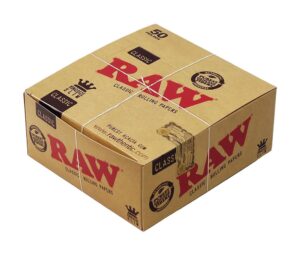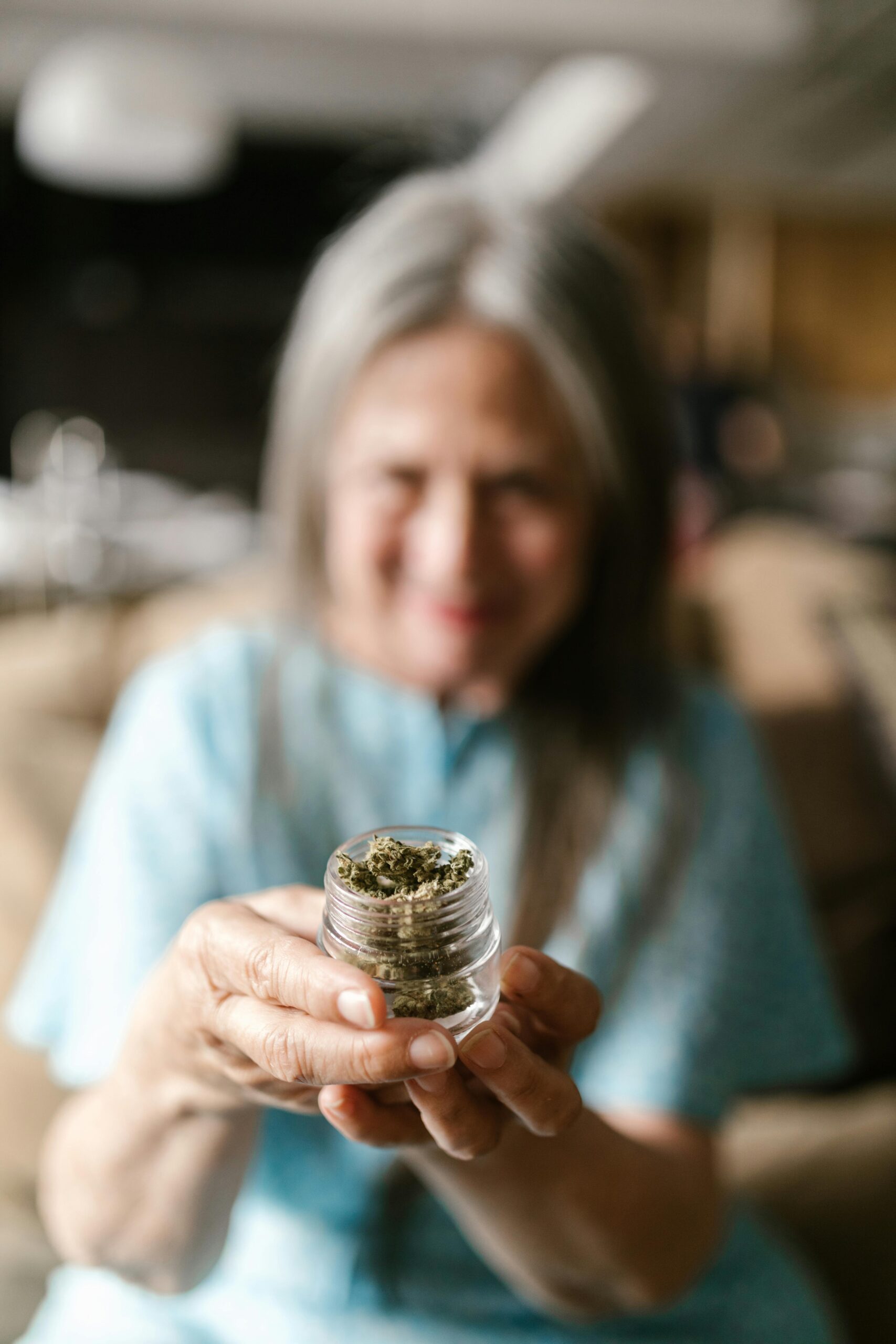CBD, short for cannabidiol, is among the numerous active substances discovered in the cannabis plant. As a non-psychoactive cannabinoid, it does not induce the “high” that is typically linked with tetrahydrocannabinol (THC), which is the primary psychoactive element in cannabis.

CBD, is short for cannabidiol
Key Points About CBD:
Sources of CBD
- Hemp vs. Marijuana: Can be extracted from both hemp and marijuana plants. Hemp-derived CBD typically contains less than 0.3% THC, making it non-psychoactive and legal in many places.
How CBD Works
- Endocannabinoid System (ECS): interacts with the body’s endocannabinoid system, which plays a role in regulating various physiological processes such as mood, pain perception, and immune response.
Forms of CBD
- Oils and Tinctures: Liquid extracts that are usually taken sublingually (under the tongue).
- Edibles: Gummies, capsules, and other food products.
- Topicals: Creams, lotions, and balms applied directly to the skin.
- Vape Products: Infused e-liquids for use with vaporizers.
- Isolates: Pure, in crystalline form, often used for making DIY products.
Potential Benefits
- Pain Relief: May help alleviate chronic pain by affecting endocannabinoid receptor activity.
- Anxiety and Depression: Shown promise in reducing anxiety and depression in both human and animal studies.
- Neuroprotective Properties: Research indicates it may benefit neurological disorders such as epilepsy and multiple sclerosis.
- Anti-Inflammatory: known for its anti-inflammatory properties, which could help with conditions like arthritis.
- Other Uses: being studied for its potential in treating conditions like insomnia, PTSD, and addiction.
Legality and Regulation
- Varies by Location: The legality varies significantly around the world and within different regions of the same country. In the U.S., hemp-derived CBD with less than 0.3% THC is federally legal, but state laws may differ.
- Regulation: The FDA regulates CBD products in the U.S., and there are restrictions on marketing it as a dietary supplement or food additive.
Safety and Side Effects
- Generally Well-Tolerated: is generally considered safe, but it can cause side effects such as dry mouth, diarrhea, reduced appetite, and fatigue.
- Drug Interactions: can interact with certain medications, so it’s important to consult with a healthcare provider before using it, especially if you are on other medications.
For info on where to find CBD, click here.

https://amzn.to/41nFYWw


Leave a Reply